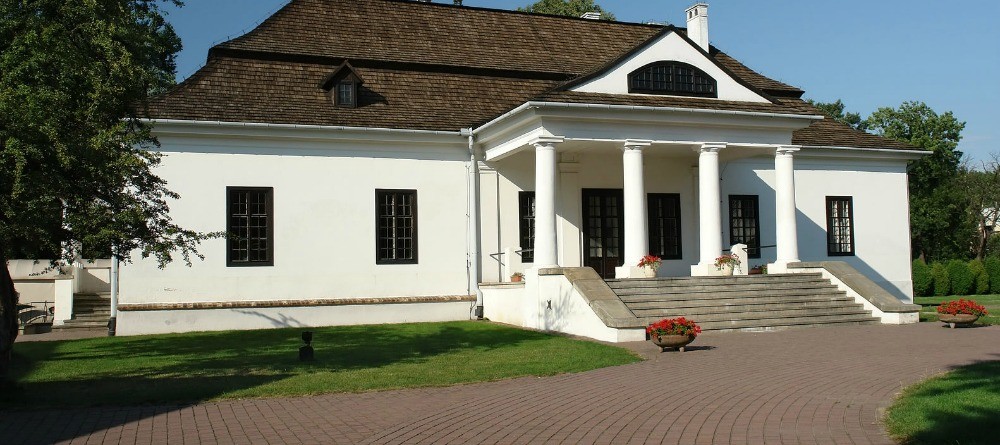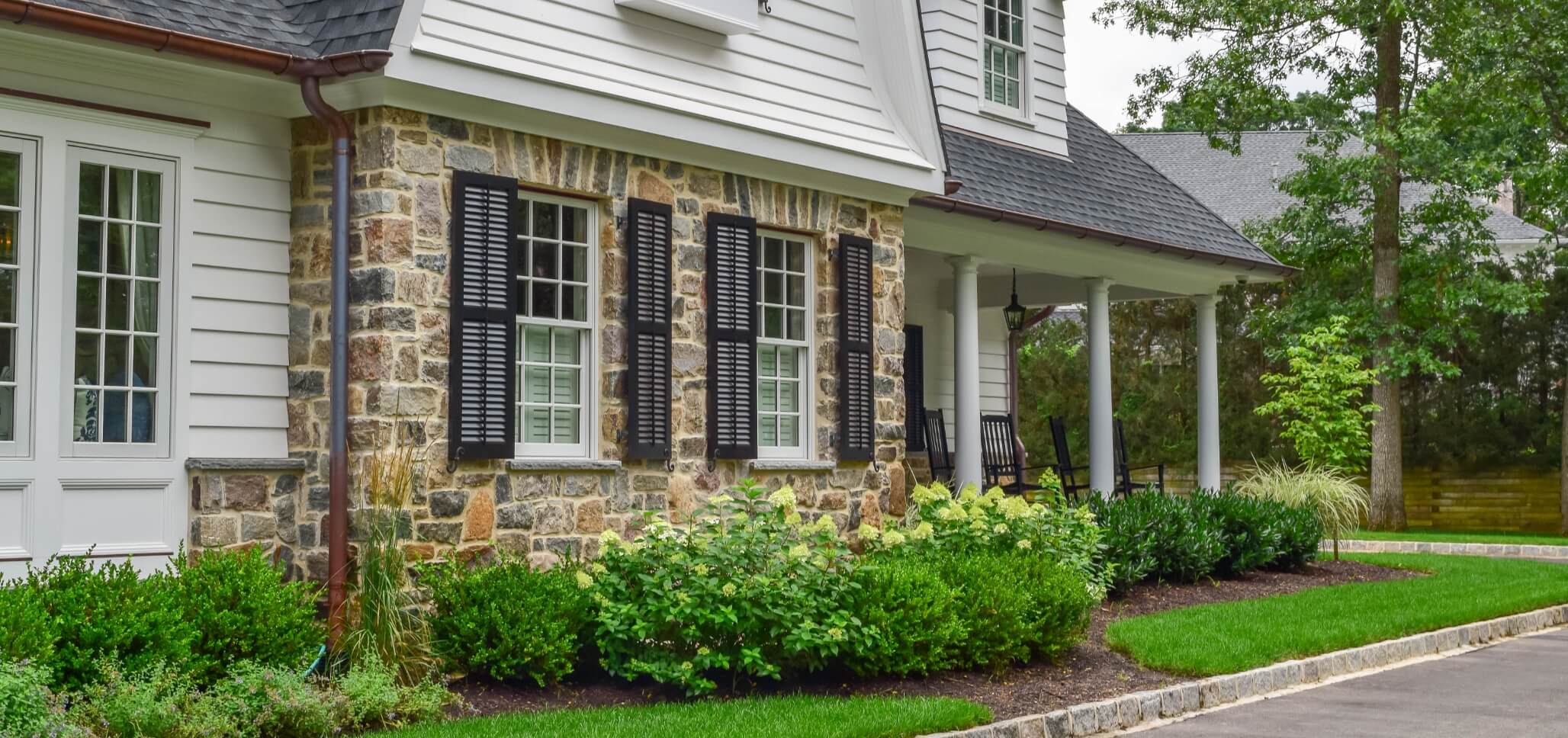A properly installed paver driveway is the highlight of any landscape. The sophisticated look of concrete or brick pavers helps to set your home apart from others on the block while raising your property’s value.
Without the correct care and maintenance, however, your shiny new driveway will quickly start to lose its appeal, forcing you to spend time and money on major refurbishments. It’s extremely important, then, that you understand how to seal pavers and protect them against the impact of the elements and regular wear and tear.
You’ll get the most life out of your paver driveway while preserving your position as the best looking house on the street. Best of all, sealing your driveway pavers can be done as a simple weekend project. Ready to get started? Read on to learn more about how to seal pavers.
How to Seal Pavers: Step-by-Step Instructions
Learning how to seal pavers is quite simple and the results will be long-lasting. You’ll enjoy the highest degree of success and project satisfaction when you follow these steps:
Step 1: Select Sealant
You’ll find that there are a number of different products on the market that are designed for sealing pavers, but that doesn’t mean that you can pick up just any product and expect it to give you top notch results.
Certain sealants are better suited to brick pavers whereas others may be a better option for concrete. Make sure that you choose accordingly. In addition to this, you should be on the lookout for sealant that isn’t water-based.
Instead, the sealant should be solvent-based, as it will improve the pavers’ ability to withstand the heavy traffic that a driveway must endure. Never hesitate to consult with a trusted professional for advice on which type of sealant to use.
Step 2: Calculate Your Need
When purchasing sealant, you should find that the manufacturer specifies how much sealant will be required per square foot of your driveway.
Make sure that you carefully measure the total square footage of your driveway (length x width) in order to ensure that you don’t buy too much or too little sealant.
Step 3: Clean the Surface
Your paver driveway needs to be completely clean and dry before you can begin the process of sealing it. First, you should use a broom to sweep away any loose dirt, dust, leaves, grass or other debris.
Next, you will need to use a pressure or power washer to remove any dirt, dust, oil or other stains that have set into the pavers. When using a pressure washer, be sure to stick with the fan setting so that sand doesn’t get washed away; this can lead to issues with structural integrity.
After the surface has dried, use your broom to push any sand back into place. Finally, treat any stubborn stains with a solution of mild detergent or cleaner and water. Once the driveway has been thoroughly cleaned, it will need to be allowed to dry overnight.
If there’s any sign of moisture the following day, you’ll need to wait before you can commence with sealing. Never begin sealing if there is rain in the the forecast for the next 24 hours.
Step 4: Begin Sealing
Be sure to carefully read the manufacturer instructions on your sealant for information on how to go about applying the sealant and any safety precautions that you should be aware of.
We recommend beginning in one corner of the driveway and working your way backwards across the entire surface of the drive. This can be done by working with a sponge roller. You may find that some sealants can be applied with a spray device.
If so, you might opt to rent a sprayer to complete the task. If desired, you can apply a second coat of sealant 2-4 hours after the first coat has been applied. This is usually done strictly for aesthetic purposes and is not necessary.
Step 5: Let the Sealant Dry
It’s important that you give your sealant plenty of time to dry. You’ll need to wait at least 3 hours after applying the final coat of sealant before you can walk on the pavers and wait a total of 24 hours before you can safely drive upon it.
Tips for Sealing Pavers
When initially sealing your pavers, you’ll want to wait at least 4 weeks after the driveway was constructed. The reason for this is that it will take at least this much time for any efflorescence to appear naturally.
This chalky substance will rise to the surface of your pavers after exposure to the sun. If it has been a long time since your driveway was installed, you may not even see any efflorescence because it tends to disappear naturally over time.
After the 4 weeks are up, be sure to thoroughly sweep and power wash your driveway in the manner described in step 3 above. This will make sure that you’re sealing the driveway in pristine condition and that you don’t seal in any dirt or other debris.
In the event that you choose to use any detergent, make sure that you thoroughly rinse the suds away to prevent residue.
Before you can begin the process of sealing your driveway, you need to make absolutely certain that the pavers are dry and will not be exposed to moisture.
Give your pavers plenty of time to dry after cleaning and check the weather forecast for any signs of rain or precipitation. Avoid moving forward with your plans until the conditions are set to be dry.
Be patient after the work has been completed and give the sealant plenty of time to dry before using your driveway. This will give you the best and most long-lasting protection for your pavers.
After completing the initial sealing process, it’s suggested that you continue to re-seal your pavers at least every other year.
Mistakes to Avoid When Sealing Pavers
In addition to learning how to seal pavers properly, it’s also beneficial to learn how not to seal pavers and to be aware of some common mistakes that should be avoided. You should never apply sealant over efflorescence as it will seal in the chalky substance.
Remember that efflorescence can appear even after sealing, so it’s important to allow for enough time to pass to let it rise up from the pavers before applying a sealant. You should also avoid using sealant on even slightly damp pavers as this can create a milky appearance.
Finally, don’t skimp out on sealant. Paying extra for a quality sealant is worth it when your property value is at stake. When in doubt, ask a professional for advice on sealant.
Are you ready to get started on sealing your paver driveway? The experts at Braen Supply are extremely knowledgeable about this process and are happy to provide you with further tips for how to seal pavers.
We work with the leading paver manufacturers to ensure that we have the most accurate information for sealcoating and other maintenance.
Be sure to visit one of our convenient NJ locations in order to talk with a professional about your driveway’s needs and to purchase the materials you need to get the job done right.



